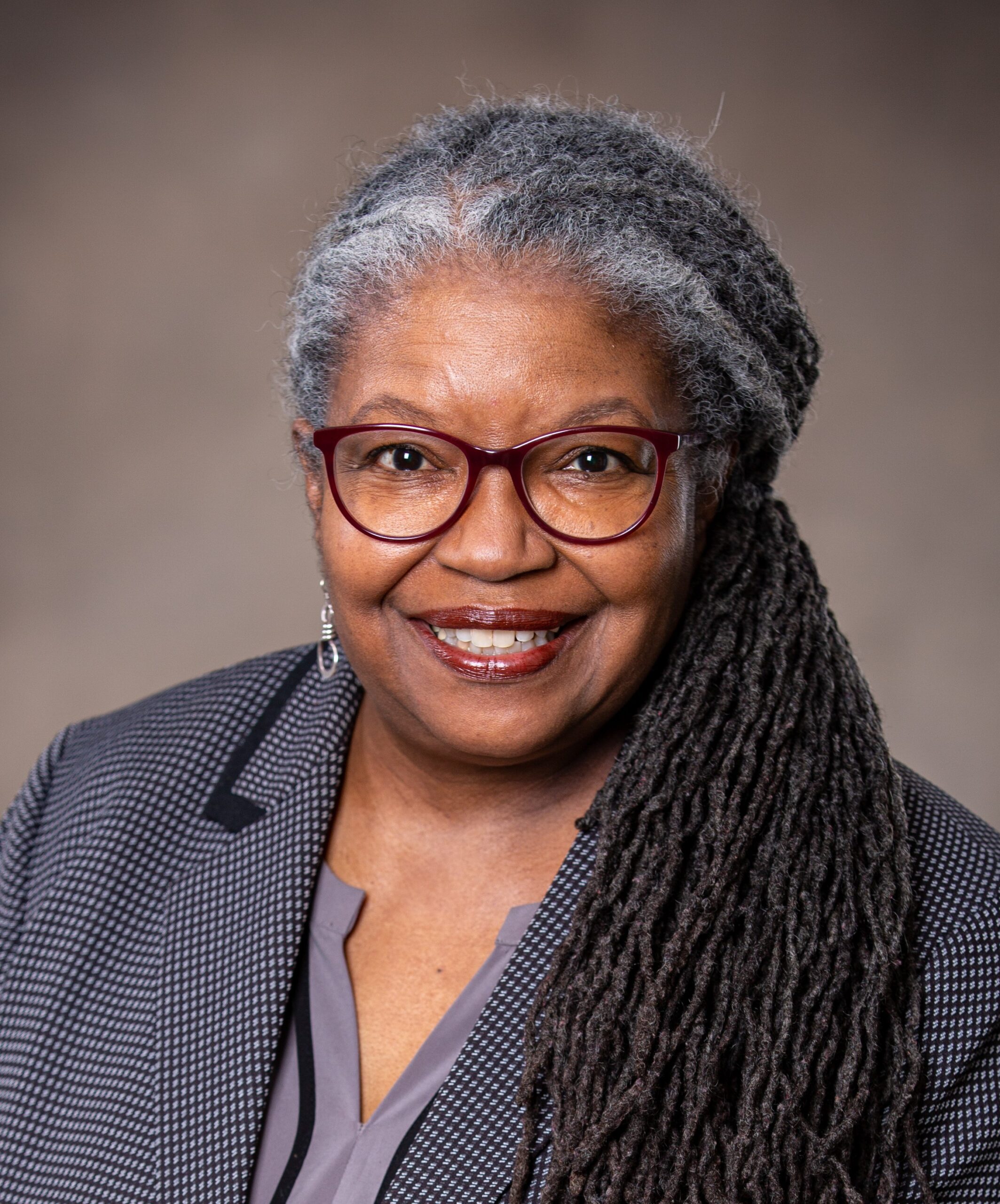HERS ALUMS
Biography
Dr. Debora Johnson-Ross, formerly the Director of the Mayor’s Scholars Program at Baltimore City Community College (BCCC), became the Vice President for Academic Affairs and Dean of the Faculty at Wartburg College in January 2021. Before her work at BCCC, Dr. Johnson-Ross was the Senior Vice President of Academic Innovation at BridgeEdU (sold to Edquity), a company that anti-poverty advocate and author Wes Moore founded to increase college access and retention for underserved students. Dr. Johnson-Ross earned a Bachelor of Arts in Government from Wofford College, a Master of Science in contract and acquisition management from Florida Institute of Technology, and a Master of Arts and Doctorate in International Studies from the University of South Carolina-Columbia.
Dr. Johnson-Ross shared how the HERS journey helped guide a somewhat nontraditional path to her current position and gave her the confidence to make leadership and career choices that felt authentic, leveraged her strengths, and inspired fulfilling career moves.
Alum Q&A
What brought you to the HERS Leadership Institute? What was your role or title when you attended, and did anyone encourage or support your attendance?
I was the Associate Dean for Academic Affairs at McDaniel College. My President, Dr. Joan Coley, encouraged me to attend. She pushed me to think about career advancement, and she is still a mentor today.
What do you value most from your Leadership Institute Experience?
The opportunity for self-reflection and growth was valuable. I gained a lot of confidence as I realized that my knowledge base was solid and I could make meaningful contributions.
Of the curriculum modules, which stuck out to you the most and why?
Innovation and change and communicating change were most beneficial. My institution was reviewing our general education curriculum and preparing to implement curricular changes, which was quite a significant undertaking. HERS helped me think through my role in that process and how I could help the institution manage positive changes.
What from the curriculum and experience at HERS did you immediately bring back to your institution and colleagues?
Inclusive leadership is a topic that I began to address with intention, and it has stayed with me over the years. Understanding that diverse leadership teams lead to better outcomes is more important than ever. Additionally, the finance and budget units were immediately valuable curricular pieces for me. HERS provided an opportunity to understand the comprehensive financial picture of an institution and how all of the parts impacted the whole.
How did HERS impact your leadership trajectory?
I have had a somewhat nontraditional path to my current position. Higher education was not my first career, and I was in my thirties when I began my doctoral studies. I brought an entrepreneurial streak into the academy with me, which has allowed me to step away from tradition at times. I worked for an educational services company for several years, developing a deep understanding of the transition from high school to college. I spent a while at a community college that enriched my knowledge of all students’ needs in ways that I could not have previously imagined. My HERS experience gave me the confidence to make choices that have ultimately worked for me.
What advice would you give to a woman who wants to advance their higher education career but is uncertain as to when and how to do it?
My advice is to take advantage of opportunities to learn new skills and expand your knowledge base. Take calculated risks that broaden your exposure. Collaborate with others from whom you can learn. When the opportunity for advancement presents itself, you will be ready. Some of us can plan each step, but we cannot control everything even with the best planning. So, preparation is key.
How would you describe your cohort?
Our cohort was professionally talented and full of potential, and personally lovely. We were from schools across the country and a wide range of backgrounds. They were great to work with, and many of us have remained in contact.
Has the HERS network continued to be valuable in your professional or personal life? If so, please share how you’re still connected to HERS, your cohort, or the network.
I see members of my cohort and other HERS alumnae at various events, particularly the HERS receptions at national conferences. I also have a HERS connection via social media outlets. We consult one another every once in a while and support one another’s continued progress and success.
Have you participated in other HERS programs? If so, please share which ones and why you chose to register for each offering.
No. I have not participated in any additional training, although I have participated in many alumni events.

As one of our partners, you can be a leader behind much-needed change in the educational sector. Support for our programs drives leadership equity, enabling institutions to better support an increasingly diverse student body and better prepare their students to create a more equitable society.